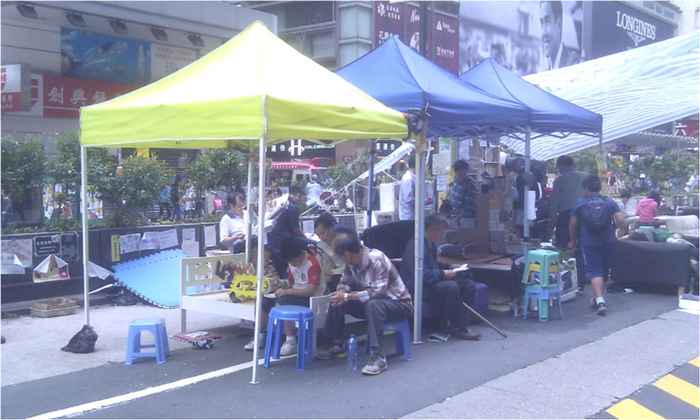Some Reflections from Hong Kong #UmbrellaMovement - By Prof. Luca Bertolini
Publication date 15-03-2015
I spent my sabbatical in Hong Kong. With both extreme human densities and breathtaking natural landscapes, Hong Kong is an overwhelming city. This much I knew, and this alone would have made the stay a unique experience. Nothing however, had prepared me for the massive social movement and occupation of public spaces that was born, grew beyond all expectations, and reached a provisional end while I was there: Occupy Central, aka #UmbrellaMovement. Several times I visited the occupied sites, as well as following the developments daily in the media, and discussing them with locals of diverging views and backgrounds. The site visits especially made a profound impression on me, and fuelled thoughts that stretched beyond the event.
